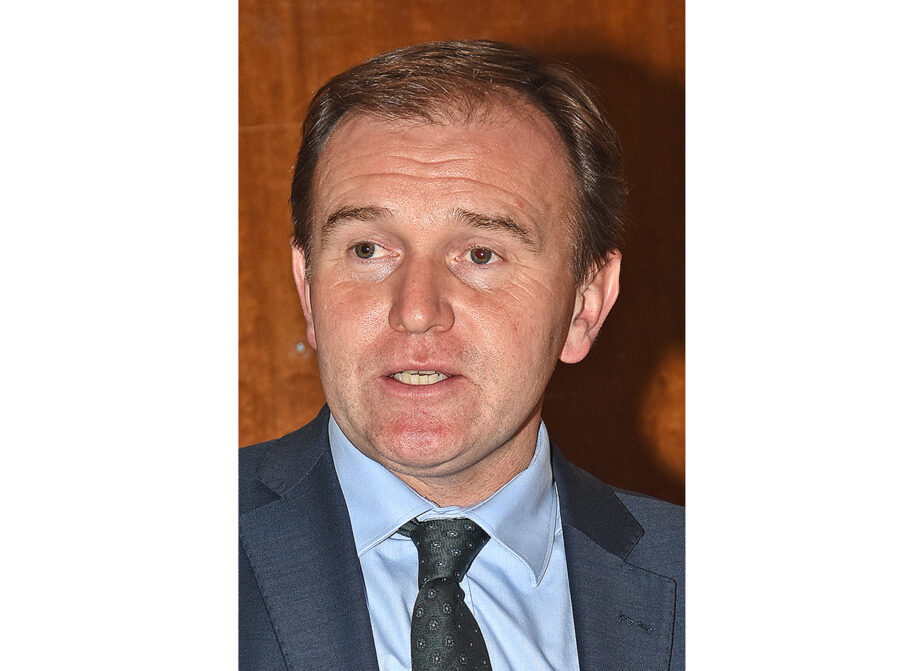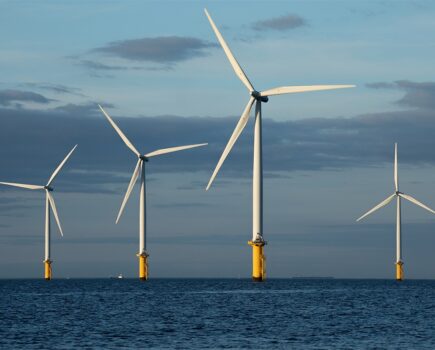The UK fisheries minister has said Brexit will give the country the opportunity to obtain fairer shares of TACs and manage the fishing industry more efficiently, but there will have to be negotiations with other countries, reports Tim Oliver.
George Eustice told the BBC Farming Today programme last week that there will be many benefits for the industry from Brexit.
Asked how he could reassure fishing communities that new arrangements would be more centred around their needs, the minister said: “We have an opportunity to do things very differently, and I think people increasingly feel quite excited about the prospects for change and the opportunities to do things differently in the future.”
He said that once the UK has taken back control of its EEZ it will be easier to change things like technical measures. “We’ll be able to do it far more quickly outside of the EU because we’ll simply be able to issue the relevant order to achieve the objective we have.”
He said there would also be an opportunity ‘to get a much fairer share of the allocation of species like cod and haddock in the Celtic Sea where, frankly, we don’t get a particularly fair share at the moment’. Taking back control of the UK EEZ would give control of ‘a much larger fishing resource’ than is the case at present.
The government had also been ‘very clear’ that leaving the EU meant the UK would be able to regain its seat at the table, at the ‘all-important annual negotiations’ with countries like Norway, Iceland and Faroes where quotas are set for species like mackerel.
“Once we leave EU and become a sovereign country again, we will take back responsibility for managing our EEZ out to the 200 mile/median line, which has been the case for every other country around the world for the last 30 years,” said George Eustice.
But he did not deny that that there would be a lot of negotiating ahead. “I’ve never said at any point in the campaign that we would no longer have to negotiate; far from it. I’ve always made clear that international negotiation is always a central feature of fisheries management.”
He said this would apply particularly in the Channel, where the median line between the UK and France would be an area where ‘we’ll need to work together to manage the stocks’.
Asked whether the UK industry would be at a disadvantage by the loss of access for fish and seafood to the EU single market, the minister said: “I don’t think so, because as the PM made absolutely clear in her speech, we’re going to pursue a bold and ambitious free trade agreement.
“We’ll be seeking a customs agreement with our European partners and there is precedent for this. We import huge amounts of fish, for instance, from Iceland and Norway. Iceland is not in the customs union, but there is a preferential agreement that’s in place for it, so it’s quite possible to put in place this bold and ambitious free trade agreement the PM is talking about, and it’s in their interest just as it’s in ours.”
But he gave little reassurance when asked about industry fears of a sell-out. Farming Today pointed out that the fishing industry was, like the agriculture industry, relatively small and both sectors were worried they would be ‘bargained away in these very complex trade negotiations’.
The minister replied: “We’ll be looking for this ambitious free trade agreement, and it’s in everyone’s interest to conclude an ambitious free trade agreement that works both for the UK and the EU.
Read more news from Fishing News here.








